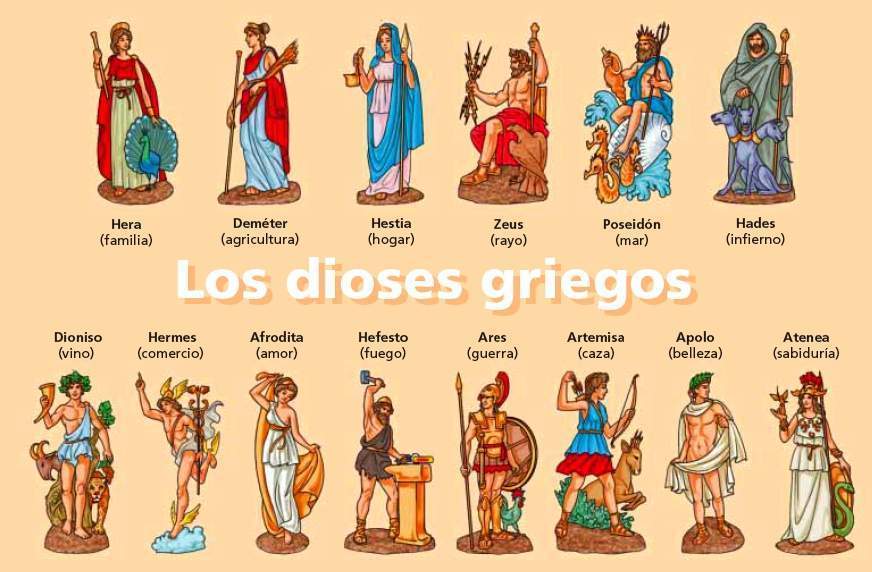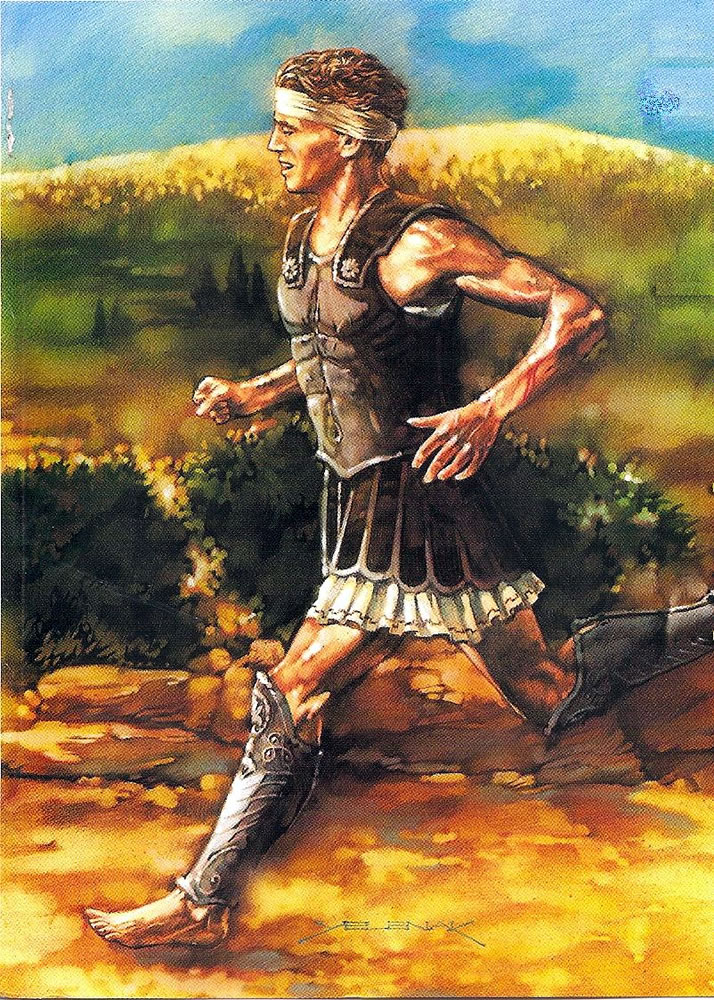La prueba escrita será el lunes, 7 de febrero de 2022.
Los contenidos de esta prueba serán los que hemos estudiado en clase. Aquí os lo dejo por escrito:
- Juegos Olímpicos (año 776 a.C al 393 d. C). Página 232-233
Historia de los Juegos Olímpicos
- Dónde y cuándo se desarrolló la civilización griega (página 234). Eje cronológico fases de la civilización griega
- Época Arcaica (páginas 236 y 237) Aristocracia y Democracia. Expansión griega. Colonias
- La época clásica: Atenas y Esparta. Sistema político ateniense y espartano (distintas instituciones en cada polis y para qué servían) Páginas 238 y 239. Para esto hicisteis una tarea de comparación de las distintas instituciones en ambas polis.
- La época clásica. Período de guerras (guerras médicas, guerra del Peloponeso. Esplendor de Atenas con Pericles, reconstrucción de la Acrópolis. (para este apartado página 240-241 haremos un esquema básico esta semana).
- La época helenística. Conquistas de Alejandro Magno. Helenismo. Esplendor cultural y científico (Arquímedes, Euclides y Eratóstenes).
- Pirámide social griega: ciudadanos, no ciudadanos, extranjeros, personas esclavas y mujeres (página 244).
- Creencias. Dioses y héroes. Las tareas que hemos hecho en este apartado de sopa de letras en inglés y de explicar brevemente cada uno de los 12 dioses del Olimpo (páginas 246-247).
- Resumen de la arquitectura griega: templo, y de la escultura. Páginas 248-249 y 252. Esto lo terminamos esta semana. Los tres órdenes arquitectónicos: dórico, jónico y corintio, y la escultura.
Lo que hemos trabajado en inglés es el texto de Alejandro Magno, "Alexander the Great" (texto y preguntas sobre el mismo), la sopa de letras de los dioses griegos en inglés y el texto "The first Marathon", sobre la guerra contra los persas (guerras Médicas) y el origen de la carrera que llamamos Maratón. Sobre este texto en inglés hacemos unas preguntas cuyas respuestas están en el mismo texto.
Vocabulario: democracia, aristoi, aristocracia, oligarquía, polis, filosofía, cánon, ágora, acrópolis, mitología griega, héroes, Pericles, Alejandro Magno, colonias, juegos olímpicos, tragedias, comedias.
Cualquier duda me la podéis enviar a Classroom o a mi correo: ana.moreno@iessierrademijas.es o por Pasen.







